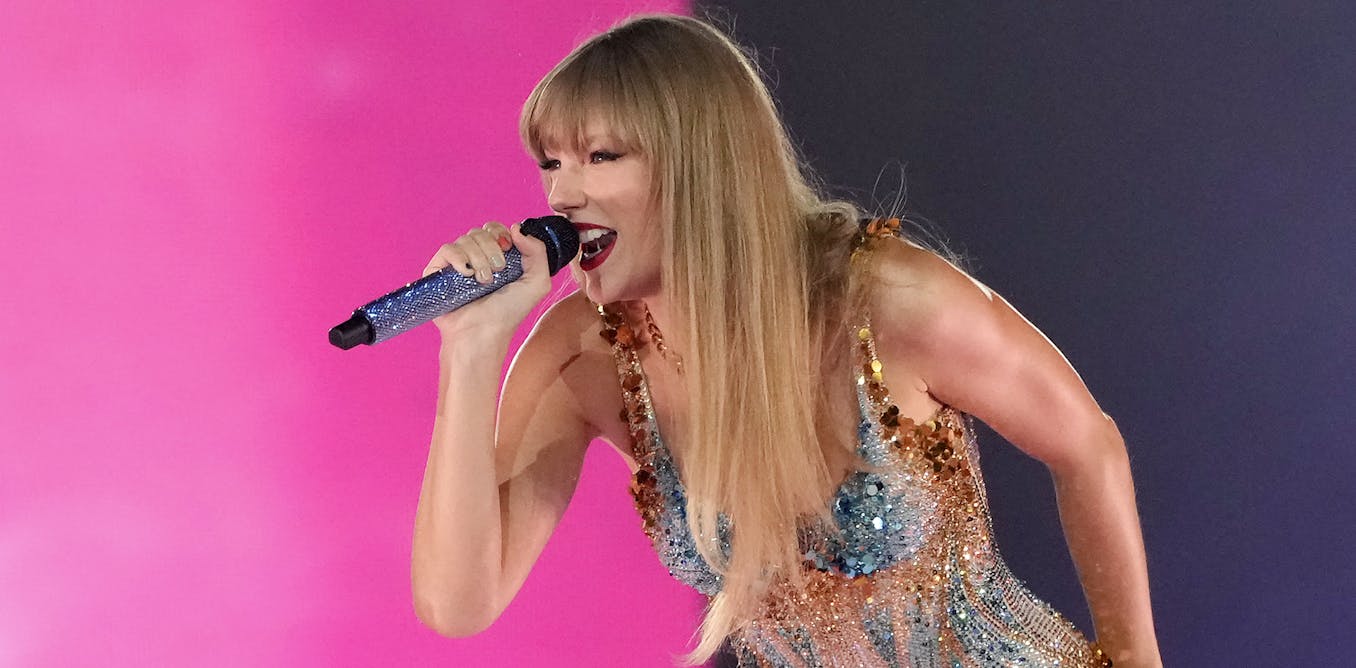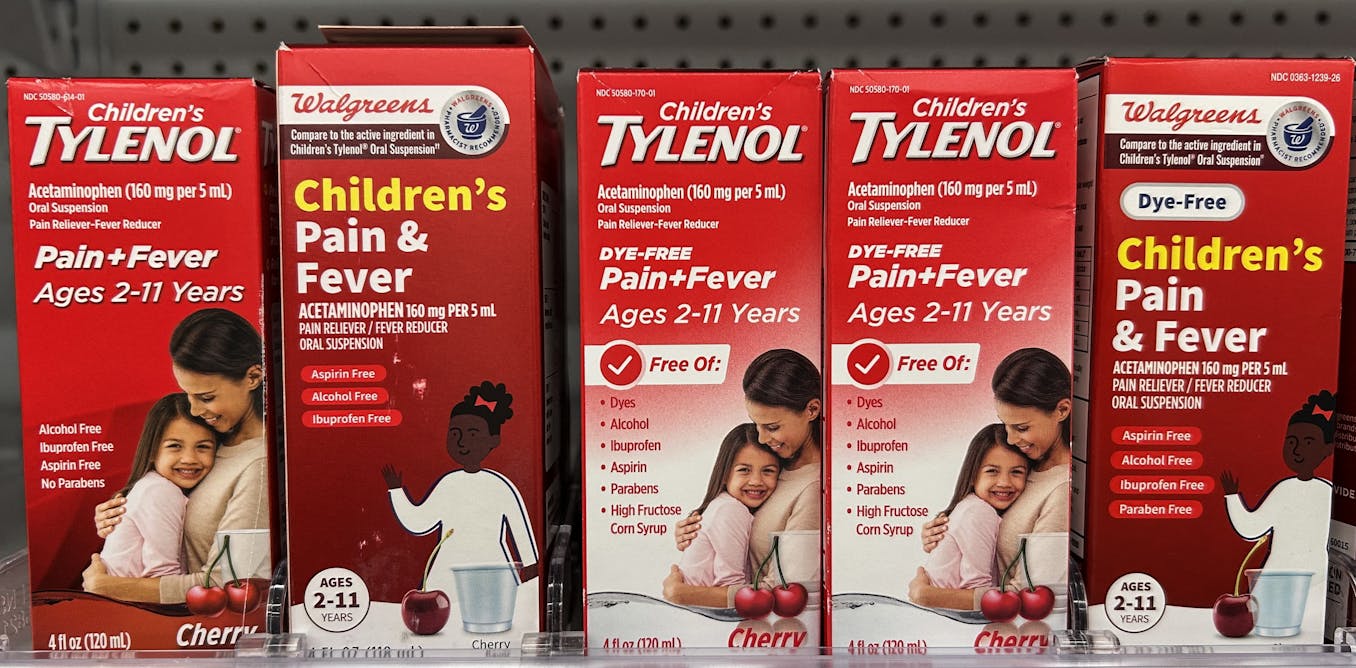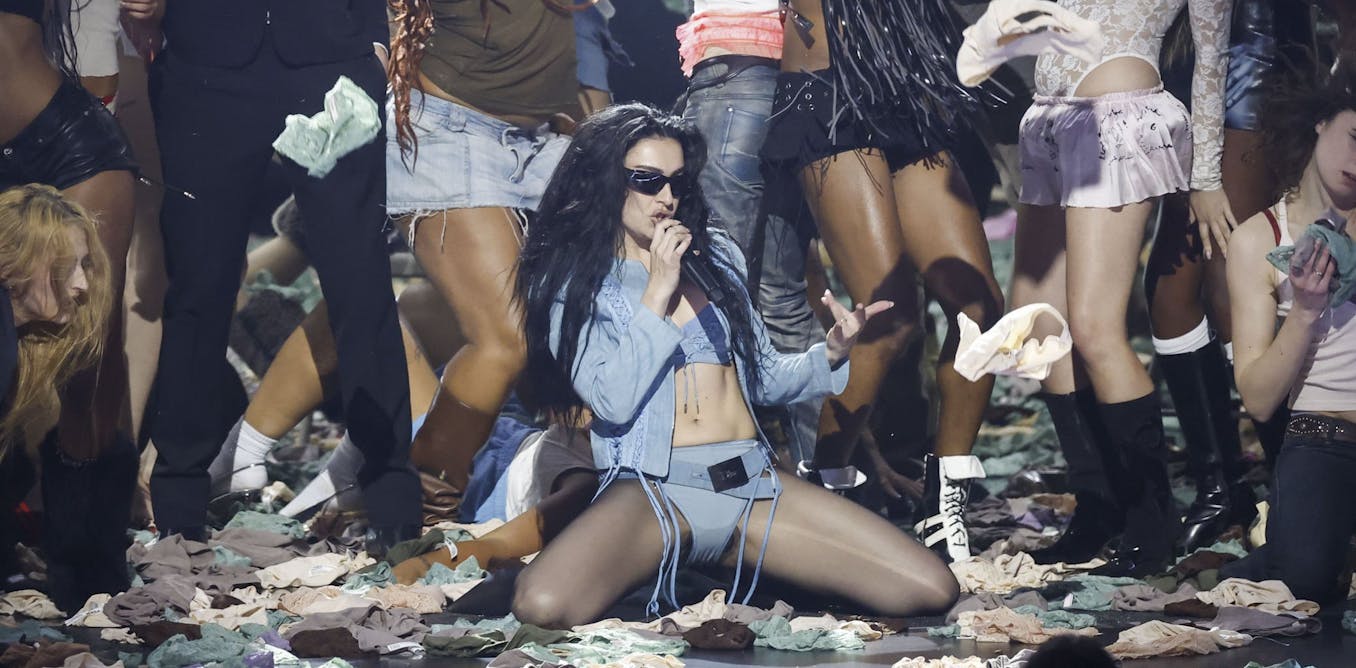Musicians often face skepticism from the public when they openly support charitable or social causes. There are often speculations that musicians only do this to serve their own self-interests for reputation or tax purposes. Even established artists cannot avoid the risk of negative publicity.
In 2019, Taylor Swift released the song “You Need To Calm Down” supporting the LGBTQ+ advocacy group GLAAD (Gay & Lesbian Alliance Against Defamation). The song contains the lyrics: “Why are you mad? When you could be GLAAD?” This led to a surge in donations to the organization, but some criticized Swift as jumping on the bandwagon to stay relevant.
In another example, when Lana Del Rey joined a Black Lives Matter protest in Los Angeles in 2020 and shared footage of her fellow protesters on Instagram, she was criticized for not blurring their faces, making them potential targets of revenge actions.
Singer Justine Skye accused Del Rey of being inauthentic in her actions:
“We don’t need your weak ass documentation. If you were about the peace, you would’ve encouraged those white kids causing destruction just for their selfish entertainment to STOP! Making actual PROTESTERS look bad.”
Del Rey later removed the video. These high-profile examples might make it seem like advocacy is a bad idea for musicians, with risk outweighing reward. However, our recent research has found that musicians who engage in advocacy regularly can enhance their popularity and music sales.
Consistent advocacy is key
Our study on musicians’ public charity advocacy analyzed over 300,000 public messages of 384 musicians on Twitter, Facebook and Instagram and their weekly music sales from 2016 to 2017.
Among these messages, only around 5,000 supported social causes, or less than two for every 100 messages. This illustrated artists’ great hesitancy towards public advocacy.
However, we found that publicly backing charity causes on both an intermittent and regular basis earned musicians more likes, shares and comments. These artists also increased music sales, whether they sent these messages occasionally or constantly. Regular advocacy messages far outperformed intermittent ones in drawing attention and boosting sales.
This difference was even more prominent when compared to two other types of messages: commercial messages, which are meant to publicize their music, and self-revealing messages, which focused on musicians’ personal lives. Intermittent advocacy messages were less popular and led to fewer sales. However, regular advocacy messages outperformed both, attracting more engagement and driving higher sales.
Our research also found that while regular self-revealing messages received likes, comments and shares, they led to a decrease in sales. These messages only boosted sales when sent occasionally — they backfired when churned out constantly. This contrasts sharply with the success of regular advocacy messages.
This is likely because audiences eventually view these actions as gimmicky and orchestrated, rather than authentic. This negatively impacts the artists’ personal brand and reduces demand for their music products.
Establishing credibility
In contrast, when musicians consistently advocate for social and charity causes, the public — especially those who also support the same causes — gradually recognize their sincerity and commitment to causes and respect them for doing so.
Musicians who are consistent in their advocacy gain respect from the public over time. Selena Gomez, for example, solidified her reputation as an advocate for mental health awareness and was honoured for her contributions.
(Jack Plunkett/Invision/AP)
Ed Sheeran supported different charity causes over the years, including cancer research and funding for music students with disabilities, among others. All these actions enhanced his standing as being “the nicest guy in the music industry.”
Swift, over the years, has become a staunch advocate of the LGBTQ+ community. She spoke out against anti-LGBTQ+ legislation in the United States at one of her Eras Tour concerts in 2023, encouraging fans to be intentional while voting at the ballot box.
Divisive social causes
Musicians who choose to publicly support social causes have a complex landscape to navigate. If the causes musicians advocate for are divisive, such as support for women’s abortion rights or refugees, they risk alienating part of their fanbase. This can lead to backlash and a potential loss of support from fans who hold opposing views.
One Reddit user described their discomfort in a discussion on this subject:
“I prefer musicians to not talk about politics, unless they are knowledgeable about what they’re talking about. There is a world of difference between someone being invested in an issue and bringing it to the stage and someone who just feels like they should add to a popular topic, and then rambles about some sentiment that they don’t even understand.”
This comment highlights the importance of musicians being well-informed about the causes they support, as superficial advocacy can hurt their credibility and lead to criticism. Faced with these risks, artists might choose to stay anonymous in their advocacy actions. By supporting causes quietly or behind the scenes, they can avoid public scrutiny and potential backlash.
But for those who do publicly support social causes, their careers can often benefit. Being consistent advocates not only improves musicians’ reputations, but also allows them to make a more substantial contribution to the causes they champion. By educating themselves about social issues and strengthening networks, they become more effective and are more likely to make a meaningful impact.

The post “Public advocacy helps musicians’ fame and fortune, new study finds” by Chau Minh Nguyen, PhD Candidate in Marketing, HEC Montréal was published on 07/21/2024 by theconversation.com






































Leave a Reply